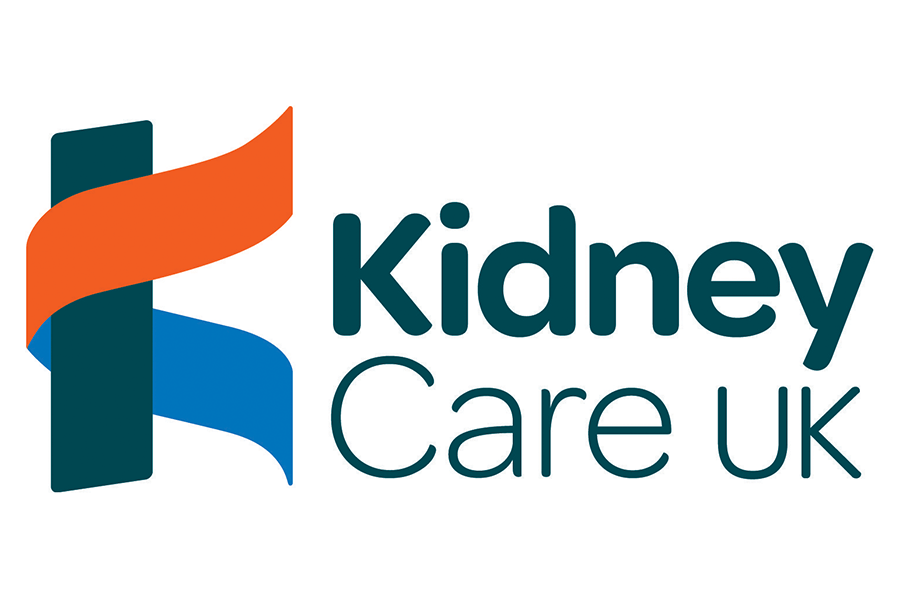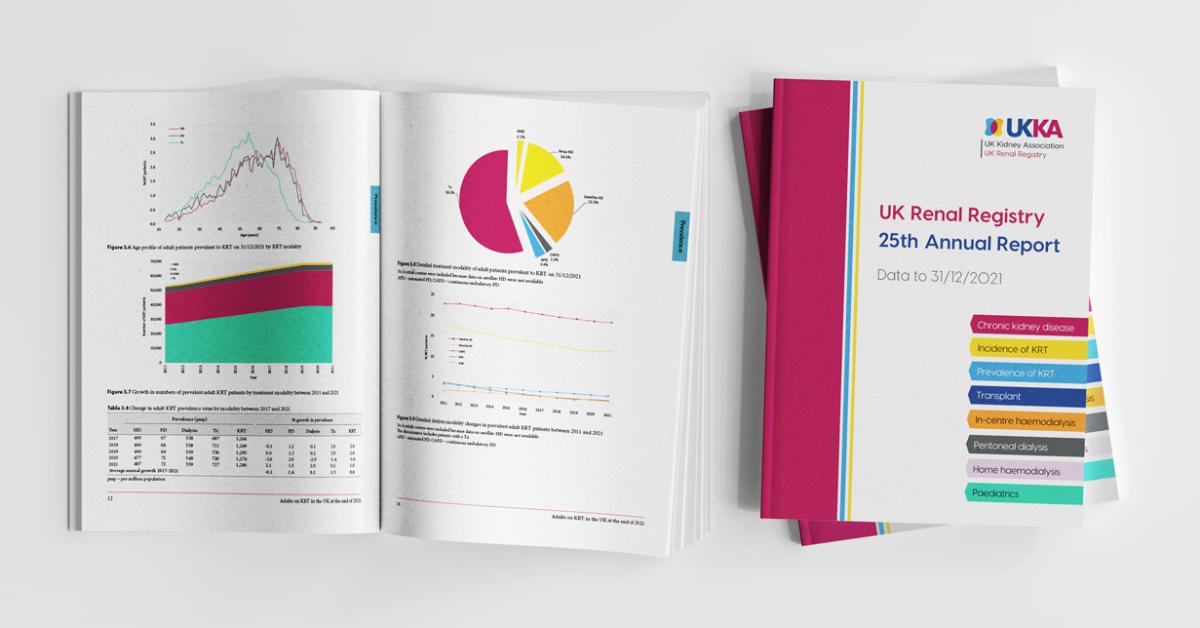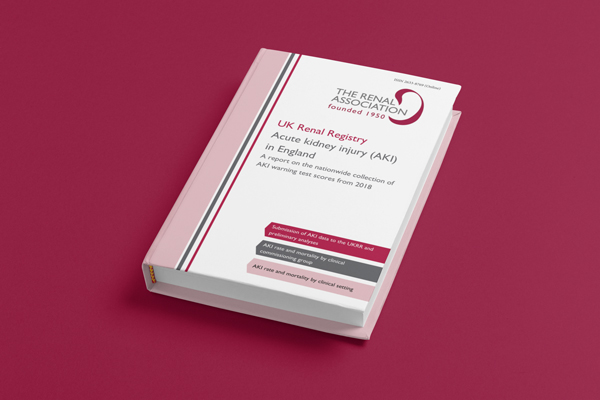Cheshire and Merseyside Kidney Patient Information Network (CaMKIN): COVID-19 Q&A
Q&A zoom session with Dr Hammed Anijeet, Kidney specialist at Royal Liverpool University Hospital
I attended a brilliant shielding CaMKIN Q&A zoom session with the wonderful Dr Hammed Anijeet, Kidney specialist at Royal Liverpool University Hospital; here I share some of the conversations.
The virus is spread primarily from person to person through small droplets from the nose or mouth, which are expelled when a person with COVID-19 coughs, sneezes, or speaks. The virus does not travel far which is why the current social distancing guideline is being reduced to one metre from 4 July.
These droplets can land on objects and surfaces around the person such as tables, doorknobs and handrails. People can become infected by touching these objects or surfaces, then touching their eyes, nose or mouth (rationale behind hand washing or gels).
How contagious is the virus?
(Contagious = chance of getting the disease if you come into contact with someone who has the virus)
COVID-19 is spreading very easily and sustainably between people. Information on this pandemic suggests that this virus is spreading more efficiently than influenza, but not as efficiently as measles (highly contagious).
The rate of catching coronavirus in the community continues to decrease. On average less than one in 1,700 in our communities are estimated to have the virus, down from one in 500 four weeks ago (rationale behind relaxation of rules).
I will go through the questions now, but may I remind you that these are basic principles which then have to be adapted to an individual person.
At Risk individuals: dependent on age (8 out of 10 deaths are in people >65 years), ethnicity, medical conditions. The risk depends on the underlying conditions the person has and also on the individual themself. Some may take extra risk with full knowledge, and on the other extreme, some will be taking no risk at all. All of these decisions will have advantages and disadvantages. Each if you should obtain the information from reputed sources, balance it in your own mind and come to a plan.
I assume some of you are shielding and some are not, therefore I will try and mention the advice separately as much as possible.
Questions and answers
Public transport, with masks and social distancing - will it be safe to use buses again or best to avoid? I’m hoping to start college in September, will it be safe to or is it best to wait longer for more updates?
For non-shielding patients advice is changing from 4th July and for shielding patients from 1st August. Going to college should be ok if everything goes well and the rate of catching COVID-19 continues to reduce in the community, we maintain social distancing and hand washing. Government will monitor the rate of infection and change guidance as needed.
Should we wear masks at all times when we are out and about? (Obviously taking them off to eat or drink)
The present advice suggests that you should wear a face covering (incudes mask) at all times when attending a hospital as an outpatient or for essential blood tests. It is likely that most hospitals will provide a surgical mask. As all transplant patients should be shielding you should not be going on public transport or be in a crowded area like shopping malls. If you are going for exercise (once a day) you must maintain social distancing (2 meters at present) at all times.
Thoughts about going into shops with air conditioning? In the NHS hospital I work we have now been instructed not to use fans and to also wear masks at all times on site
Evidence suggests that the virus is less likely to be passed on outdoors and in well-ventilated buildings. In good weather, try to leave windows and doors open in areas where people from different households come into contact, or move activity outdoors if you can. Use external extractor fans to keep spaces well ventilated and make sure that ventilation systems are set to maximise the air flow rate.
Each organisation is supposed to do their own risk assessment. If the rate of infection in the community has come down, there are other usual safeguards in place and you undertake them, then the risk is low – but this depends on you.
What advice is recommended regarding visiting other people who are also shielding, as I am unable to meet them outdoors?
From 6 July, guidance for extremely clinically vulnerable people will change to advise that those shielding may wish to spend time outdoors in a group of up to six people, including people they do not live with, if they choose to do so. If you do go out, you should take extra care to minimise contact with others by maintaining social distancing. This can be in a public outdoor space, or in a private garden, uncovered yard or terrace.
Additionally, those who are shielding will be able to create a ‘support bubble’ with one other household, as long as one of the households in the ‘bubble’ is a single adult household (either an adult living alone or with dependent children under 18). All those in a ‘support bubble’ can spend time together inside each other’s homes, including overnight, without needing to maintain social distancing.
What precautions would you recommend when having visitors in the home? Is hand gel/social distancing enough?
From 6th July, if you are shielding, only people in the support bubble can visit inside the home until 1st August.
If you are not shielding and live in a single adult households (in other words adults who live alone or with dependent children only), you are able to form a ‘support bubble’ with one other household. All those in a support bubble will be able to spend time together inside each other’s homes, including overnight, without needing to stay 2 metres apart.
- You should avoid using toilets in other people’s home (outside of your support bubble) wherever possible and wipe down surfaces after every use.
- You should wipe down any surfaces or door handles that people from outside of your household or support bubble come into contact with if walking through your home.
- You should avoid sharing plates and utensils with people outside of your household or your support bubble.
- You should avoid using paddling pools or other garden equipment with people outside of your household or bubble.
From 4th July, you can meet in groups of up to two households (your support bubble counts as one household) in any location – public or private, indoors or outdoors. You do not always have to meet with the same household – you can meet with different households at different times.
When do you think I can hug my friends and family that don’t live with me? If I know they’re covid free it’s fine right?
All those in a support bubble will be able to spend time together inside each other’s homes, including overnight, without needing to stay 2 metres apart.
However, it remains the case – even inside someone’s home – that you should socially distance from anyone not in your household or bubble.
Can we have covid-19 testing in the units as the risk to infection is going to go up considerably as more and more people are out and about and with shielding ending?
Clarify what do they mean by unit? All the hospitals now have enough testing capacity and if there’s a rise in infections we will be able test everyone.
I’ve got upcoming bloods due. Can we request antibody test with bloods?
If you suspect that you had infection while isolating/shielding then yes you can, although its clinical use is not clear in most situations. You cannot assume that you are immune if it’s positive.
Is it ok to go to Broadgreen for bloods? Should we inform them beforehand that we are sheilding? When do clinic appointments start again or are you going to continue telephone appointments?
BG is open from 8.30 to 3 and you do not need to make an appointment but expect social distancing measures. It’s likely that there will be les people close to 8.30. Wear mask, wash hands/alcohol gel.
Clinics are likely to reopen from 6th or 13th July. We are going through all the clinics at least 2 weeks in advance and contacting patients if we feel the blood tests are required or a telephone consultation is needed. Moving forward there will be less F2F appointments up to 50% reduction. It will be replaced by bloods and review, telephone/video consultation.
Will telephone consultations and deliveries of immune suppressants cease with a return to face to face consultations?
See above
If we return to face to face consultations, what new measures are in place at the Royal to manage risk of infection?
There will be less patients waiting in the waiting area, washing hands/alcohol gels will be available and mask wearing will be required. We are likely to be wearing plastic aprons, masks and gloves.
Are there plans to test renal patients generally for Covid antibodies to see if any of us have had the virus and are unaware?
No mass testing as far as I know, it’s clinical use is under question as you may have seen in various reports that are about currently.
Are there any across the board changes to renal patients meds to reduce risk of infection?
No, there will never be universal changes to medications but in certain patients the risk versus benefit of some medications may be discussed and a plan may be made.
What will be classed as covid-safe working conditions? I work as a teacher and not sure I will feel comfortable returning to a school environment in September and obviously have bump to think of!
HSE guidance will be there, it will be up to the employer to make sure that they adhere to these measures. There is likely to be an individual risk assessment (as we all had) and depending on this there may be suggestions to deploy you in a lower risk area, occupation therapy department of the employer will able able to help.
You can get advice on your specific situation and employment rights by visiting the Acas website https://www.acas.org.uk/contact or calling the Acas helpline, 0300 123 1100






